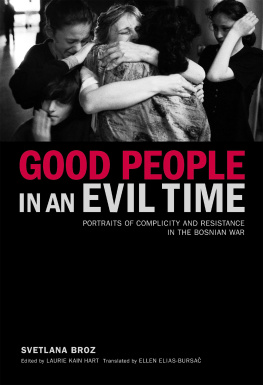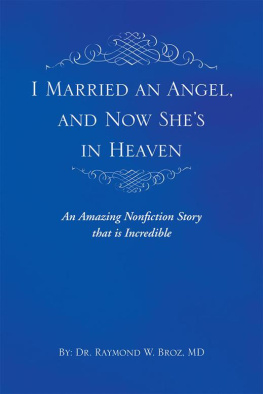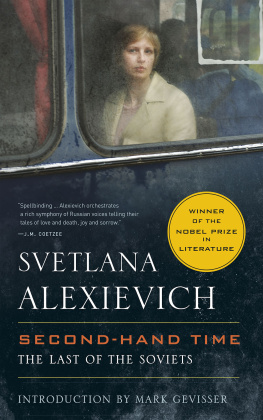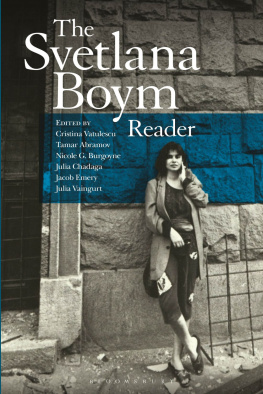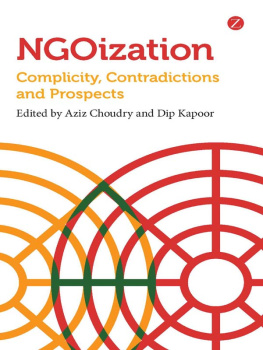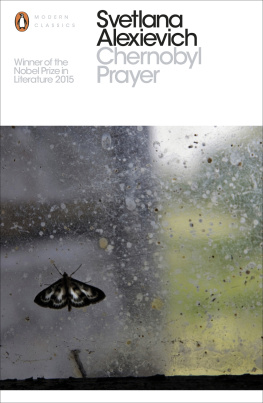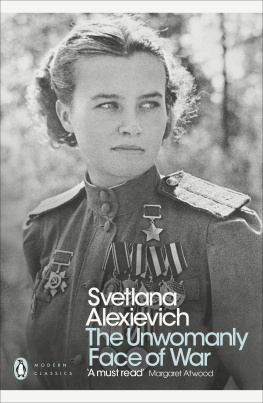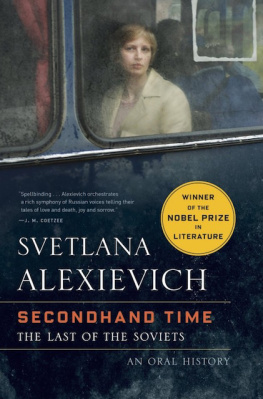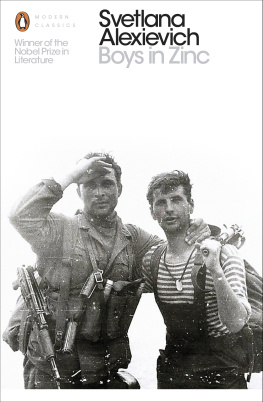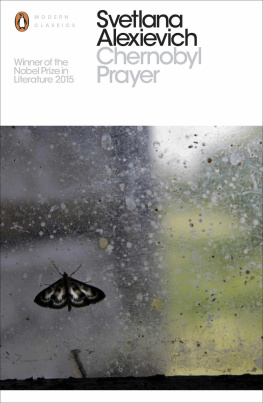Svetlana Broz - Portraits of Complicity and Resistance in the Bosnian War
Here you can read online Svetlana Broz - Portraits of Complicity and Resistance in the Bosnian War full text of the book (entire story) in english for free. Download pdf and epub, get meaning, cover and reviews about this ebook. year: 2020, publisher: Other Press, genre: Politics. Description of the work, (preface) as well as reviews are available. Best literature library LitArk.com created for fans of good reading and offers a wide selection of genres:
Romance novel
Science fiction
Adventure
Detective
Science
History
Home and family
Prose
Art
Politics
Computer
Non-fiction
Religion
Business
Children
Humor
Choose a favorite category and find really read worthwhile books. Enjoy immersion in the world of imagination, feel the emotions of the characters or learn something new for yourself, make an fascinating discovery.
- Book:Portraits of Complicity and Resistance in the Bosnian War
- Author:
- Publisher:Other Press
- Genre:
- Year:2020
- Rating:4 / 5
- Favourites:Add to favourites
- Your mark:
- 80
- 1
- 2
- 3
- 4
- 5
Portraits of Complicity and Resistance in the Bosnian War: summary, description and annotation
We offer to read an annotation, description, summary or preface (depends on what the author of the book "Portraits of Complicity and Resistance in the Bosnian War" wrote himself). If you haven't found the necessary information about the book — write in the comments, we will try to find it.
Svetlana Broz: author's other books
Who wrote Portraits of Complicity and Resistance in the Bosnian War? Find out the surname, the name of the author of the book and a list of all author's works by series.
Portraits of Complicity and Resistance in the Bosnian War — read online for free the complete book (whole text) full work
Below is the text of the book, divided by pages. System saving the place of the last page read, allows you to conveniently read the book "Portraits of Complicity and Resistance in the Bosnian War" online for free, without having to search again every time where you left off. Put a bookmark, and you can go to the page where you finished reading at any time.
Font size:
Interval:
Bookmark:
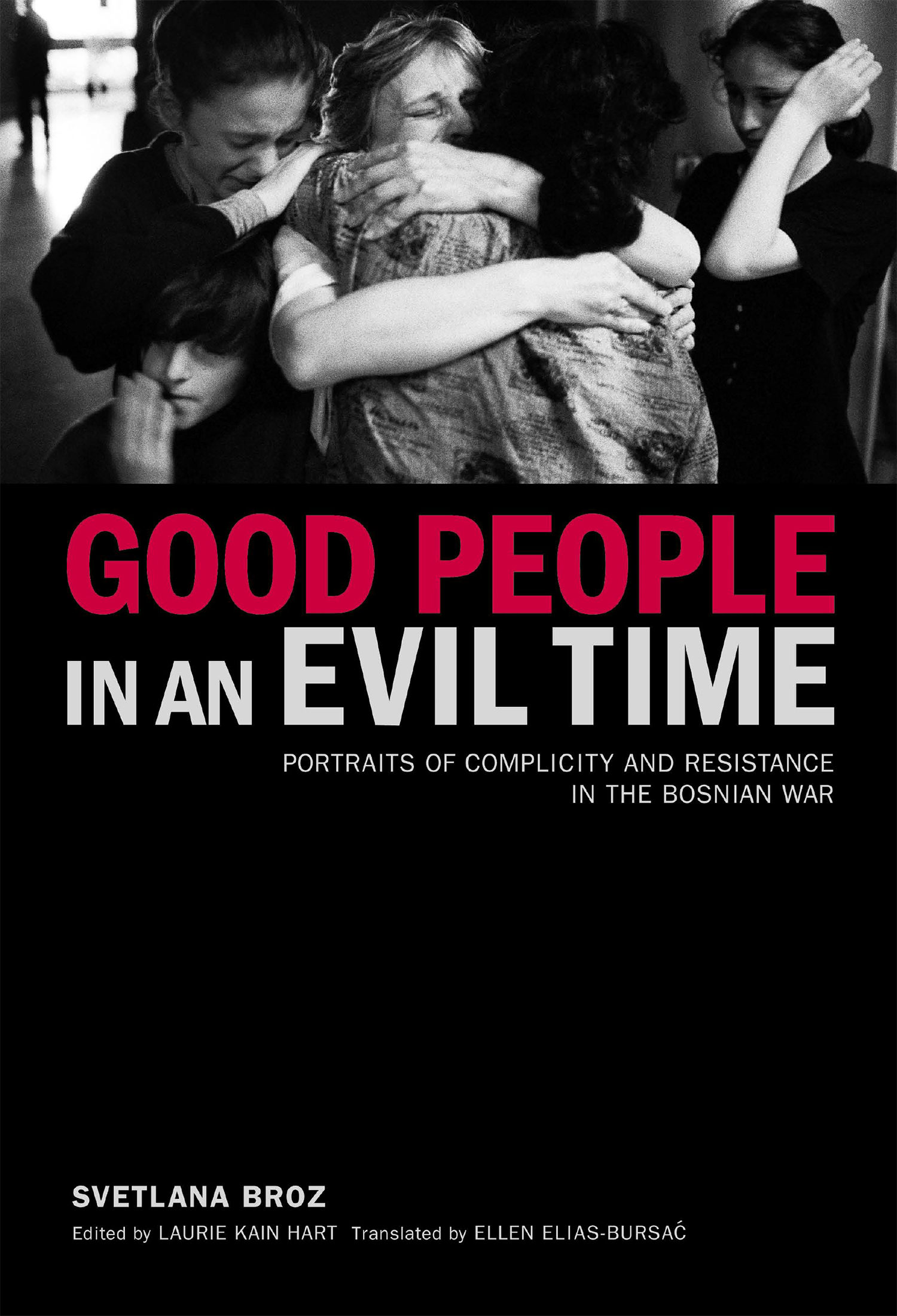
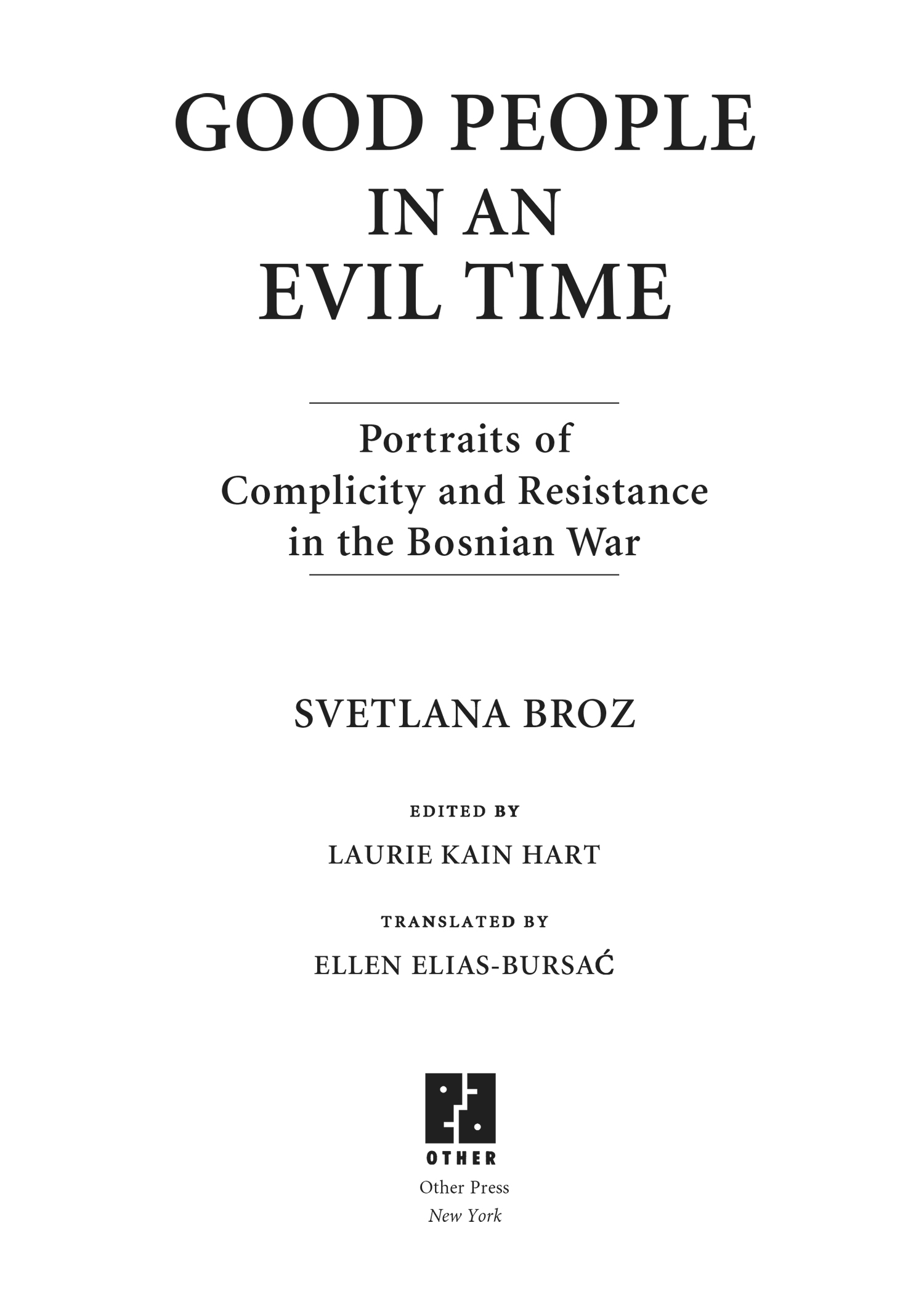
Second softcover printing 2007. ISBN9781590511961
Copyright 2004 Svetlana Broz and Ellen Elias-Bursa
Translation copyright 2004 Ellen Elias-Bursa
Production Editor: Robert D. Hack
All rights reserved. No part of this publication may be reproduced or transmitted in any form or by any means, electronic or mechanical, including photocopying, recording, or by any information storage and retrieval system, without written permission from Other Press LLC, except in the case of brief quotations in reviews for inclusion in a magazine, newspaper, or broadcast. For information write to Other Press LLC, 2 Park Avenue, 24th Floor, New York, NY 10016. Or visit our Web site: www.otherpress.com.
Library of Congress Cataloging-in-Publication Data
Broz, Svetlana.
Good people in an evil time : portraits of complicity and resistance in the Bosnian War / Svetlana Broz; English translation: Ellen Elias-Bursa.
p. cm.
ISBN 1-59051-061-5 (hardcover : alk. paper)
1. Yugoslav War, 1991-1995Personal narratives. I. Title.
DR1313.8.B76 2003
949.703dc21
2003013382
Rev.
Ebook ISBN9781635421194
a_prh_5.5.0_c0_r0
To Sonja and Ivan
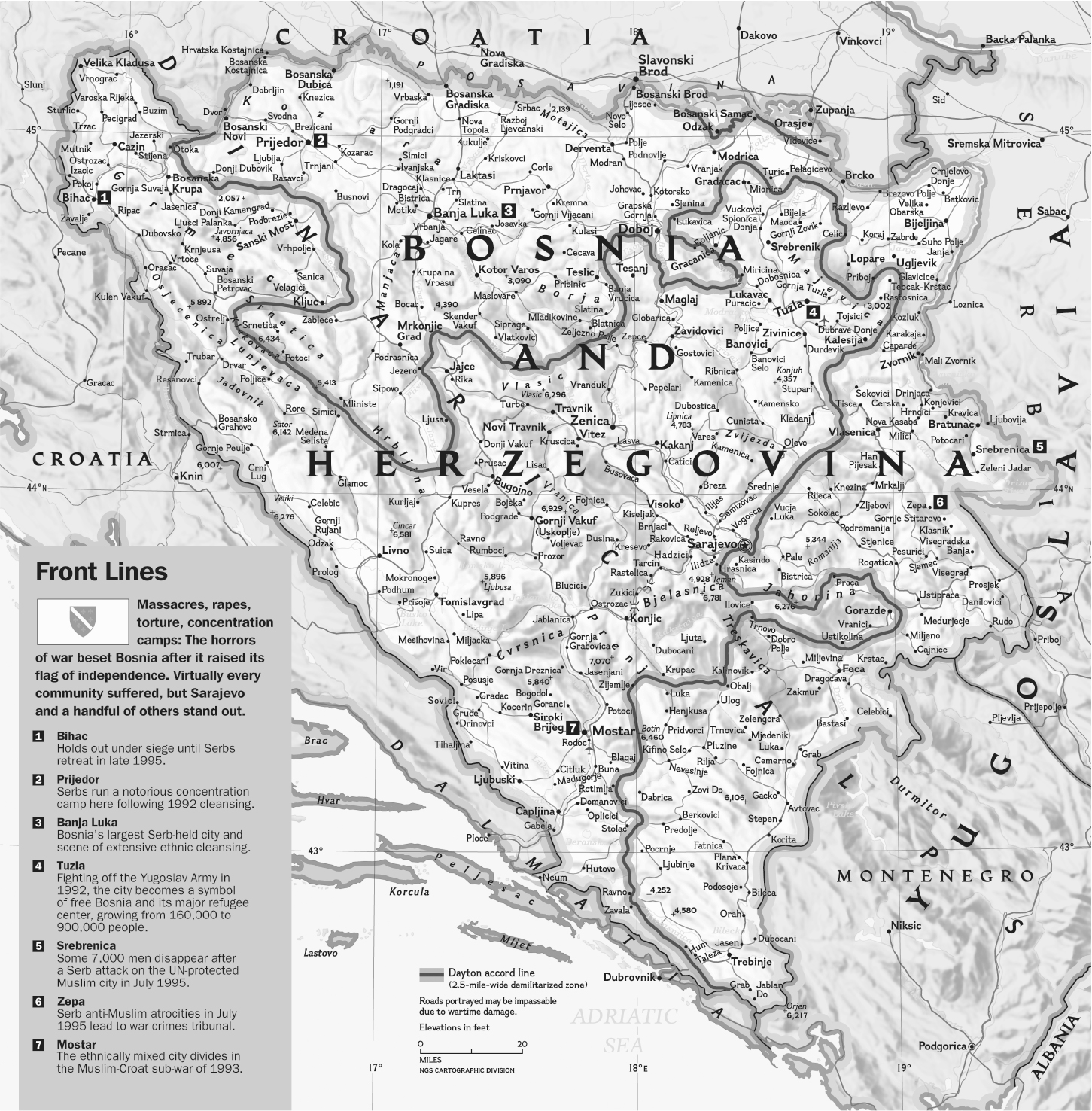
Laurie Kain Hart
Alexander Kitroeff
Ellen Elias-Bursa
Amila Buturovi
Ellen Elias-Bursa, Svetlana Broz, Laurie Kain Hart
I owe hundreds of people gratitude for their help in writing this book, people who understood its purpose. Since I cannot thank them all individually, I will say that I owe the most to those who agreed in the name of the truth to bare their wounded souls again. My profound respect to those who helped me collect this material. The people most directly involved in work on this book deserve a special place: Mario Kamhi, for his enthusiasm and help in the field research and final preparations; my daughter, Sonja, for her boundless love and understanding, which spurred me on when it was hardest; Ellen Elias-Bursa, for her love, care, and perfect understanding in making the book accessible to readers all over the world; Uwe Kitzinger, CBE, for his colossal help and moral support; Thomas Butler, for his endless patience and assistance; Laurie Kain Hart, for her anthropologists ear attuned to the universal message of these testimonies that happened to be found in the Balkans but could come from any region of conflict in the world; Judith Feher Gurewich, for her wonderful support; and Swanee Hunt, Jeff Spurr, Perry Klass, Larry Wolff, and Michael Sells.
Svetlana Broz
WHY READ THIS BOOK?
The war in the former Yugoslavia is no longer in the headlines. The inside pages of U.S. newspapers carry scattered reports about economic crisis and ethnic tensions in Bosnia and Herzegovina and Croatia, where the war raged during the 1990s. Paddy Ashdown, High Representative of the International Community in Bosnia and Herzegovina that oversees the implementation of the civilian aspects of the 1995 Dayton Peace Agreement, has said that he expects to be the last such representative as BH makes the transition to self-sustaining statehood. What can testimonies like those collected here possibly mean to us at this date, when Bosnia and Herzegovinas problems seem remote, endemic, or, at the very least, not ours?
There is a long answer to the question, which the reader will discover in reading this book, and a short answer, which is that we need, more than ever, to know the limits and possibilities of human ethics during the terror and tyranny of war and to understand the truth about the causes of war. This is particularly crucial in regard to what have been called the new wars of the late twentieth and early twenty-first centuries: ethnic conflicts, as they are labeled, that appear to involve neighbor-to-neighbor violence. Some have argued that these wars are the product of ineradicable tribal hatreds. Others point to the cynical use of ethnicized or racialized politics by individual leaders, or to global structures of inequality that lead to competition and polarization. Bottom-up or top-down? Or simply a question of thuggery? How do we answer these questions? We can begin by listening to the people who lived through the war tell us what happened to them. Political history will record how the politicians, intellectuals, professionals, and the military created the war; this book documents what people tried to do about it when it came to their cities, towns, and villages.
Unspeakable Crimes
The people we hear in this book were faced with a world in which unspeakable crimes not only went unpunished but were rewarded with glory, profit, and power. In these conditions, they were starkly confronted with the limits and possibilities of their own choices. The testimonies recorded here document acts of seemingly random brutality as well as erratic acts of protection, self-sacrifice, and kindness. Some individuals abused others; many more did not.
In this book the historic events of the war are described from the point of view of the immediate, fragmented experiences of those drawn into it against their will as the state of Yugoslavia dissolved and political leaders jockeyed for power. Those leading these mass annihilations produced reasons to legitimize and promote them: the idea of democracy was abused in the service of fascism as it has been so often in the twentieth century (Broz observes that all nationalist parties have the word democratic in their titles), and self-defense played its usual part as the mask of aggression. Why did this resonate sufficiently in the hearts and minds of some citizens to drive them to mobilize and engage in forms of violence? Which citizens in fact committed acts of violence and under what conditions? Who resistedwhy, how? It is our responsibility to ask these questions. By the end of 2002, the International Criminal Tribunal for the Former Yugoslavia had documented a total of 7,000 war crimes committed in Bosnia and Herzegovina during the war. Given that the population of the territory at the beginning of the war was about 4.5 million, it is clear that popular participation in genocide was limited to a tiny proportion of the population.
Shock and Resistance
The testimonies describe ordinary people in Bosnia and Herzegovina who were surprised that the war could come to their towns, destroy their everyday lives, change their relationships with their neighbors, and ultimately change the course of their personal and collective history. It was a shock and they were unprepared. They remember the war as though it were a strange visitor: The war began for me on 18 September 1991; No one believed the war would come to Sarajevo; On the sixth of April 1992, a tank appeared in front of my building; We couldnt believe that the things happening everywhere else would start in Vare People quickly discovered the reality of the danger. These stories describe the real quandaries and complexity of life in war.
War made the common projects of integrated communities impossible: collective house building, routines of sharing coffee, workplace solidarities. It was a sudden and violent reconfiguration of social life. People struggled against this radical reinterpretation of the world that was played out by power politics on their identities, bodies, and homes. Ordinary people tried to thread through the war step by step, seizing where they could an opportunity to help neighbors or friends, and resisting the myth that ethnoreligious differences make them enemies. This resistance was sometimes as small as the offer of a cup of coffee to a stranger and at other times as great as self-sacrifice.
Font size:
Interval:
Bookmark:
Similar books «Portraits of Complicity and Resistance in the Bosnian War»
Look at similar books to Portraits of Complicity and Resistance in the Bosnian War. We have selected literature similar in name and meaning in the hope of providing readers with more options to find new, interesting, not yet read works.
Discussion, reviews of the book Portraits of Complicity and Resistance in the Bosnian War and just readers' own opinions. Leave your comments, write what you think about the work, its meaning or the main characters. Specify what exactly you liked and what you didn't like, and why you think so.

